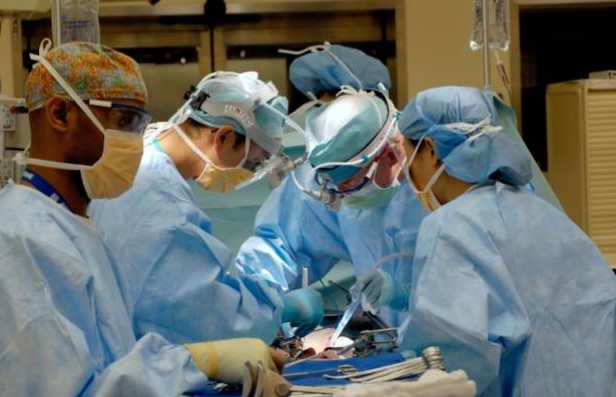06
Dec 2023
Preparing for the Journey: Considerations Before and After Surgery
Published in General on December 06, 2023

Surgery is a transformative journey, not just for one's health but also for their overall well-being. It is a path paved with careful preparations and post-operative considerations, each step meticulously planned to ensure a safe and successful outcome. As we delve into the intricacies of this medical voyage, it is crucial to understand the various facets that contribute to its success.
The Pre-Surgery Checklist: Ensuring a Smooth Operation
Before the scalpel even touches the skin, a series of critical steps must be taken. Patients are typically required to undergo several tests, including blood work like a complete blood count (CBC), kidney, liver, and blood sugar tests, a chest x-ray, and an electrocardiogram (ECG) to assess heart health. These preoperative evaluations are vital in tailoring the surgical plan to the patient's health profile.
Lifestyle Adjustments: The Key to Optimal Recovery
The most significant factor influencing surgical outcomes isn't found within the operating room but in the patient's daily life. Leading up to the procedure, individuals should focus on being as active as possible, maintaining a balanced diet, and securing restful sleep. For smokers, cessation is imperative as smoking can severely hinder both breathing during the operation and the subsequent recovery process.
During Surgery: What to Expect When You're Not Awake
As patients get sedated, they are meticulously monitored by a dedicated team. A nurse checks vital signs while the surgeon marks the procedure site. An IV line is placed as a lifeline for fluids and medications. This ensures that the patient's safety is paramount from the first incision to the last stitch.
Post-Operative Care: The Road to Recovery
After surgery, the focus shifts to managing pain and facilitating healing. The anesthesiologist plays a pivotal role in this phase, continuing to oversee the patient's care. Pain management strategies are tailored to individual needs, ensuring comfort and a swift return to normalcy.
Ensuring Accurate Medical Records: A Patient's Role
Patients have a significant part to play in the accuracy of their medical records. By providing comprehensive information about their health history, current medications, and any allergies, they can help reduce the risk of errors. Engaging with healthcare providers and verifying that all details are correct can significantly improve the quality of care received.
Does Medicare Cover Ambulance Rides?
When it comes to transportation post-surgery, many wonder, does Medicare cover ambulance rides? The answer is nuanced. Medicare Part B may cover emergency ambulance services and, in limited cases, non-emergency services when deemed medically necessary. However, routine trips from home to the doctor are generally not covered.
Navigating Insurance Coverage: A Pre-Surgery Essential
Before embarking on the surgical journey, understanding and navigating one's insurance coverage is paramount. Patients must familiarize themselves with their policy details, including deductibles, copayments, and coinsurance. It's essential to confirm whether the chosen hospital and surgeon are in-network to avoid unexpected out-of-pocket expenses.
Additionally, the insurance provider may require pre-authorization for the surgery to ensure coverage. This step is not merely a formality but a crucial part of the financial preparation for surgery that can prevent financial distress following the procedure.
The Emotional Rollercoaster: Coping with Surgical Stress
Surgery, no matter how minor, can be an emotional rollercoaster for patients and their loved ones. Anticipating the operation often brings a mix of anxiety, fear, and hope. It's important to address these emotions head-on. Patients are encouraged to seek support from friends, family, or professional counsellors.
Many hospitals also offer pre-surgical classes to help patients and caregivers prepare mentally and emotionally for the upcoming procedure. Engaging in relaxation techniques such as meditation, deep breathing exercises, or visualization can also be beneficial in managing pre-surgical stress. Post-surgery, feelings of relief may be mingled with frustration. Acknowledging and expressing these emotions is a healthy part of the healing journey.
Conclusion: A Tapestry of Care
Surgery is more than a medical procedure; it's a tapestry woven from the threads of preparation, expertise, and post-operative care. Each strand is essential, from the initial tests to the final stages of recovery. By understanding and engaging with each aspect of the surgical process, patients can confidently navigate their journey, knowing that every measure ensures their safety and well-being.









